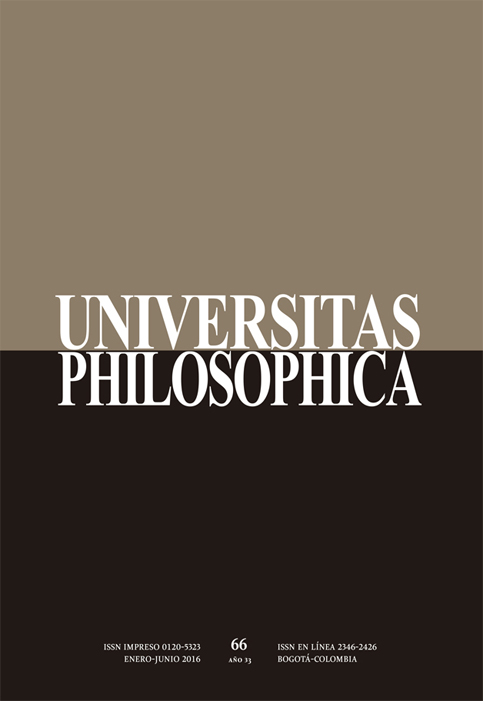Abstract
This paper aims to show current philosophical anthropology pertinence to face up the question of meaning of human life. Exploring Marquard’s theory and his comprehension of human being as Homo Compensator‒ which allow to overcome the problems of modernity plunged in the gnosis dilemma, that in the absence of an absolute meaning it fails to understand the problem of evil‒ this paper firstly analyzes how modernity answered that problem from theodicy and philosophy of history. Afterwards, due to the failures of these attempts, Marquard’s compensation proposal will be discussed as a search on a substitute meaning in the context of a philosophy of finitude, which advocates for a rhetorical-narrative meaning. The paper concludes with the problem of the non-compensable and its dilemmas on understanding meaning.
This journal is registered under a Creative Commons Attribution 4.0 International Public License. Thus, this work may be reproduced, distributed, and publicly shared in digital format, as long as the names of the authors and Pontificia Universidad Javeriana are acknowledged. Others are allowed to quote, adapt, transform, auto-archive, republish, and create based on this material, for any purpose (even commercial ones), provided the authorship is duly acknowledged, a link to the original work is provided, and it is specified if changes have been made. Pontificia Universidad Javeriana does not hold the rights of published works and the authors are solely responsible for the contents of their works; they keep the moral, intellectual, privacy, and publicity rights.
Approving the intervention of the work (review, copy-editing, translation, layout) and the following outreach, are granted through an use license and not through an assignment of rights. This means the journal and Pontificia Universidad Javeriana cannot be held responsible for any ethical malpractice by the authors. As a consequence of the protection granted by the use license, the journal is not required to publish recantations or modify information already published, unless the errata stems from the editorial management process. Publishing contents in this journal does not generate royalties for contributors.


